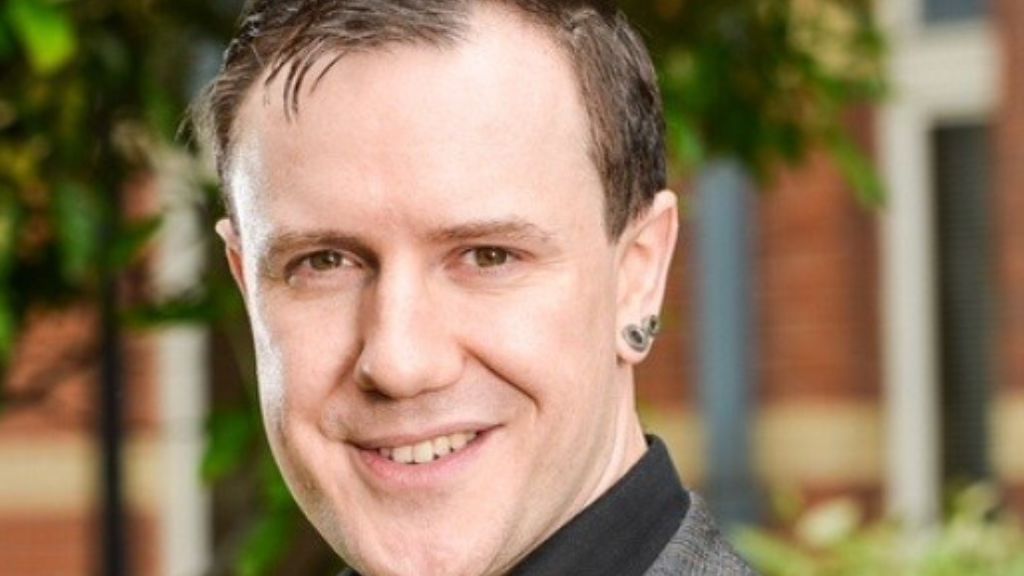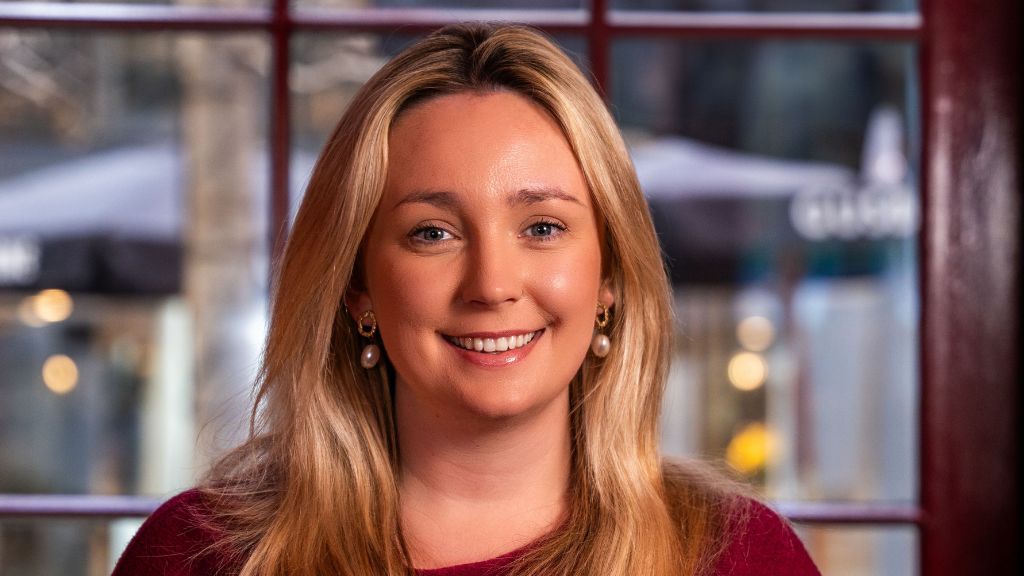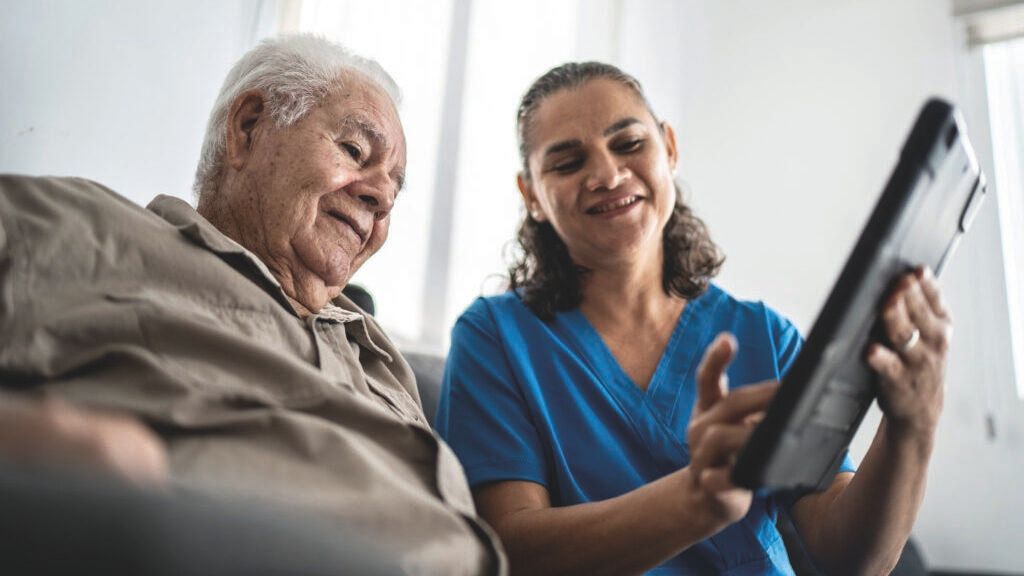Protecting the vulnerable in high-risk settings
Last week, it was reported that the UK Health Security Agency, the public health body that has overseen Britain’s efforts to combat Covid-19, is having its budget slashed. Denis Kinane, immunologist and founding scientist at Cignpost Diagnostics gives his thoughts on the resulting 40% headcount reduction and the suspension of routine Covid-19 testing in hospitals and care homes.

There are concerns that changes like ending asymptomatic testing could have put vulnerable or immuno-suppressed people at greater risk, but that the organisation could be left too under-funded to cope with any resurgence in the pandemic.
Yet with Covid-19 cases having fallen dramatically since the start of the year, many argue this decision is just the next step in the Government’s ‘Living with Covid-19’ plan. Funding is understandably tight, so is it not better to put testing on hold during the safer summer months?
Although immuno-compromised people have access to several Covid-19 countermeasures, including additional doses of the Covid-19 vaccines, it does not prevent them from catching the virus. A recent study by Imperial College London showed that 19 per cent of 239 kidney transplant recipients who received four jabs did not display any immune response.
This means that the decision to end free tests, coupled with the possibility that people spending time with the immuno-compromised may not be vaccinated, could put vulnerable groups at greater risk of becoming infected.
Undoubtedly, the Government faces several challenges in deciding how best to proceed as the country emerges from the worst of the pandemic. The need to balance the protection of the most vulnerable from Covid-19 while ensuring life and the economy returns to normal is fully understandable. In my opinion, reconsidering the decision to abandon all testing, particularly those concerning vulnerable people, would be a sensible step.
Testing has formed a vital part of the public health response to the pandemic and has been crucial in preventing transmission, especially within settings such as care homes and hospitals. It has also helped us to detect and react speedily to emerging new variants.
Just because the Government has ended free testing does not mean that hospitals, care homes and other high-risk settings should not look to what measures they could continue to use that offer some protection, even if it is just encouraging the retention of social distancing measures, mask-wearing and limited testing. That is why Cignpost Diagnostics has offered to provide bulk low-cost tests direct to care homes to help them ensure they have available tests for residents, staff and visitors.
I would strongly advise that anyone exhibiting any symptoms of Covid-19 takes a PCR, or at the very least, lateral flow test, so they can minimise the chance of passing the virus onto the immuno-compromised people they come into contact with. I would also recommend that any vulnerable people continue to take protective measures wherever possible, including wearing masks, practising social distancing where appropriate, and if possible, avoiding socialising with large groups of people.
Cases may now have significantly reduced, but the virus is still with us. Covid-19 has taken many surprising turns over the past two years, so we must continue to look out for our most vulnerable, not only by protecting them in the here and now, but by being prepared for the inevitable next wave that is most likely to come in the Autumn or to combat any new variants of concern. This means doing what we can to continue with the simple measures that we know will contain the virus’s spread.




